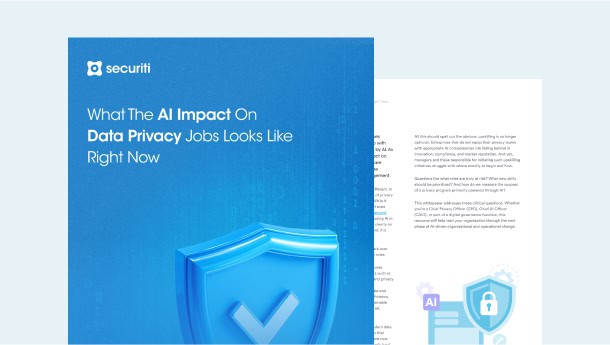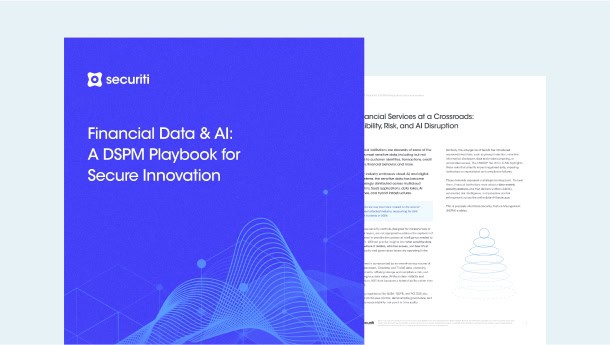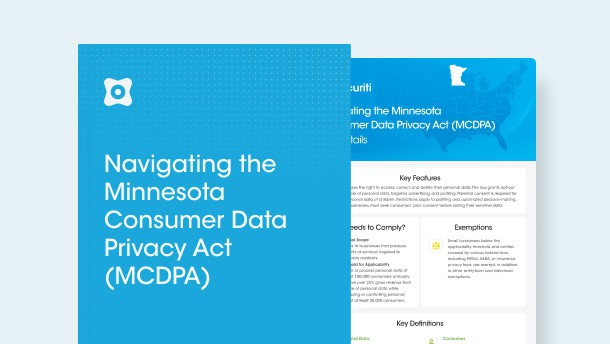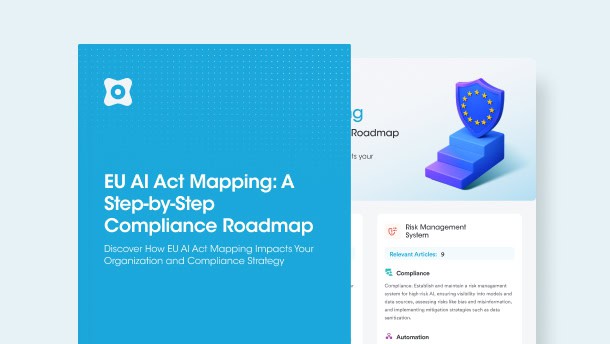Implied Consent
Participation in a certain situation is sometimes considered proof of consent. This is acceptable for research studies that provide anonymity, such as opinion surveys. This may not always be applicable in marketing activities because privacy regulations, especially in the EU, ask marketers to capture either opt-in or opt-out consent. Outside of certain exceptions, "implied consent" could lead to non compliance.
Explicit Consent
Explicit consent, known as direct or express consent, is when an individual is presented with a decision on whether they authorize the collection, use, and/or disclosure of their personal information before data is collected.
Explicit consent is required by global privacy regulations when an organization wants to process a consumers data leveraging consent as a lawful basis. This requires disclosing what is being collected and for what purpose to be clear and documented. Explicit consent can be provided in both oral or writing forms.
Active Consent
Active consent refers to a consumer being given a specific statement to agree on and they show their consent by "actively" agreeing. This can be defined as another form of explicit consent.
Passive Consent
Passive consent can be seen as another type of implied consent where the consumer is assumed to have consented unless they explicitly state otherwise. This again can not be acceptable if an organization is looking to comply with privacy regulations where explicit consent is required
Opt-Out Consent
Opt-out consent is the ability to decline consent at any point. For example, you visit a website that clearly gives you an option to decline your consent. If the consumer proceeds further without clearly declining the consent, consent is granted. This type of consent is usually done in writing.
Many organizational websites incorporate opt-out consent to use your personal information for other purposes.
Businesses tend to favor opt-out consent because it requires an action to be taken by the customers in order to stop marketing to them. Many individuals fail to read the text and permissions and are far more likely to give consent for purposes that would benefit an organization.











































